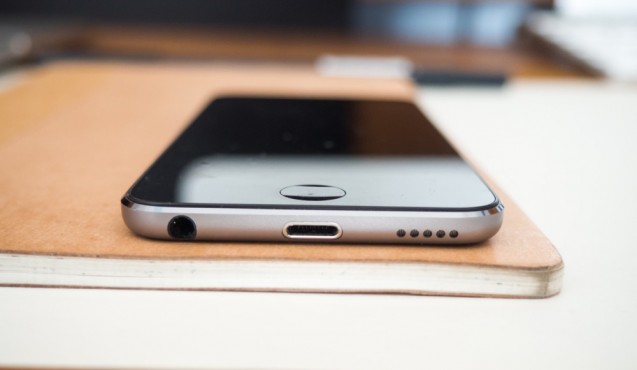5 Ways to Get the Most From an Informational Interview

Informational interviews give someone just starting their career the chance to learn from those who are already established in the field. Taking the time to understand the real expectations within an industry or organization will better prepare a job seeker to look for positions that best fit their skills and abilities. The information and understanding gleaned from rubbing elbows with those who are already in the industry can also give a job seeker invaluable experience that will help them when it comes time for a career interview with a potential employer.
To ensure you get the most out of your next informational interview, follow these tips:
1. Choose Well
To secure an informational interview, you need to be specific and targeted. Think about both the industry and the management level of the person with whom you wish to meet. While it might sound exciting to meet with a CEO of a large company, typically, these people are not involved with the day-to-day hiring decisions and do not have the operational knowledge you may need in order to make your next employment interview more powerful.
Ideally, you want to meet with someone who has enough seniority to be able to give you a broad perspective, but not someone who is not so far up the ladder that they cannot provide you with the functional details that will help you understand how you might fit into an industry or organization.
Finding that person may be easier than you think. Start by tapping into your personal network to see if you have any connections who can make an introduction for you.
If you know some of the customer-facing members of an organization or industry you are interested in – like a bookstore clerk, for example – let them know you are looking for an informational interview. They may be able to connect you with one of their managers.
If you are still affiliated with your school, reach out to see if anyone there has a connection they an introduce you to.

If you are unable to find a personal connection, look online at who is writing about your target industry or who is speaking at events related to your industry. From there, you can follow the electronic trail to identify the best target.
Once you have identified an ideal informational interview target, call them. Do not email them. Ask them if you can have 30 minutes of their time to find out more about their company, their scope of work, and their career. Let them know up front that you are not looking for a job, but are hoping to gain valuable insight into the industry. Offer to meet them for a cup of coffee at a time that is good for them, and always offer to pick up the check.
2. Do Your Homework
As soon as you have your appointment set, begin planning for your interview. Know the background of the organization you are visiting and the general background of the person you are interviewing. In this age of LinkedIn and Google, a solid rule of thumb is to never come to an interview without at least a cursory look at the interviewer’s work history, education, and accomplishments. Make it your plan to incorporate that information into your interview questions.
3. Prepare Yourself
Come to the interview with a short personal statement and at least ten solid questions that you plan to ask. While the person you are interviewing might be very open to sharing information, you cannot rely on them to do a data dump without some prodding. Have a plan in place to get the information you need, and ask strong questions in order to accomplish you goal. Not only will this help you in your informational interview, but it is also good practice for future career interviews.
4. Use Open-Ended Questions
Look at each of the questions you have prepared and ask yourself, “Can this be answered with a simple ‘yes’ or ‘no’?” If so, you need to rewrite the question so that it elicits useful information, rather than a one-word answer.
5. Follow Up

Once you find employment, send an additional note to the person letting them know where you are working, and add them to your LinkedIn and other professional networking sites. They are now officially part of your personal network.

